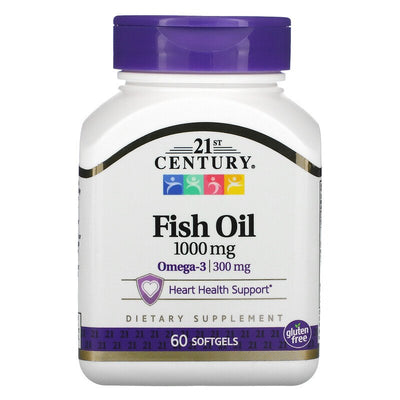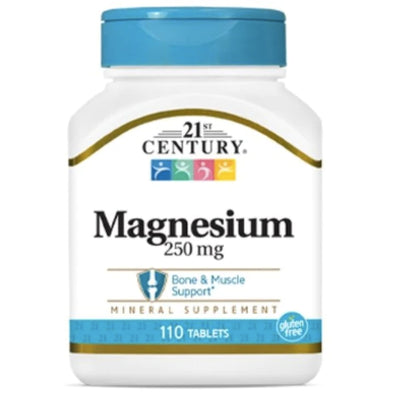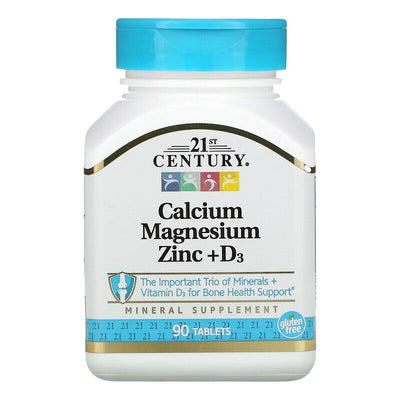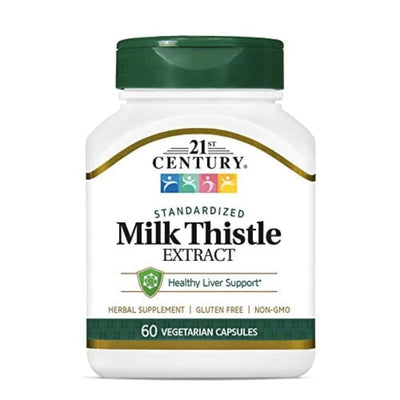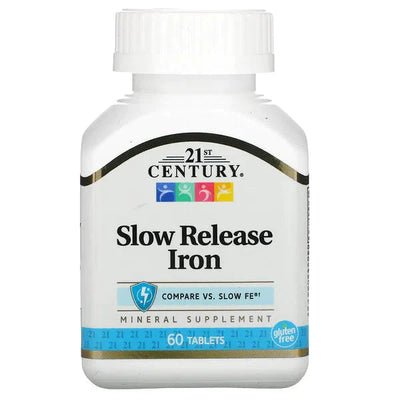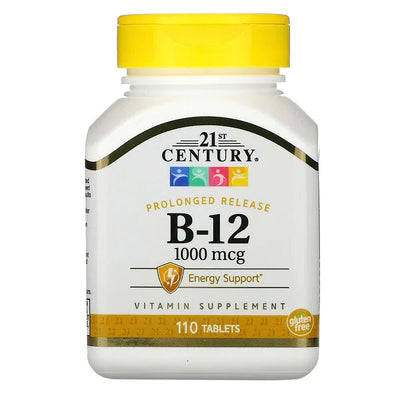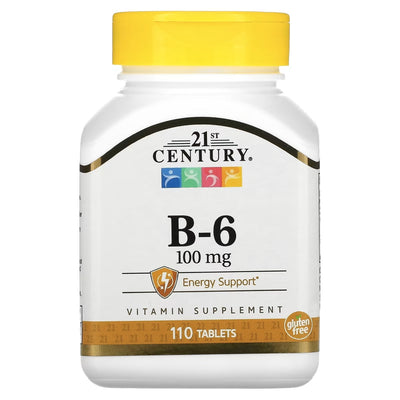
Protein for Endurance Athletes: Fueling Long-Distance Activities
The Critical Role of Protein in Endurance Sports
Protein is often overshadowed by the emphasis on carbohydrates in endurance training, yet it is vital for several key reasons:
Muscle Repair and Recovery
Endurance training can lead to muscle wear and tear, and protein is essential for the repair and rebuilding of muscle tissue. Adequate protein intake helps reduce recovery time, allowing athletes to train more effectively with a reduced risk of injury.
Energy Source When Carbohydrate Depleted
During prolonged endurance activities, the body may deplete its glycogen stores and start to utilize protein for up to 10% of its energy needs. Consuming adequate protein before and during long events can help spare muscle mass and extend endurance.
Supports Immune Function
Regular intense training can suppress the immune system, increasing the risk of illness. Protein, especially sources rich in glutamine and amino acids, supports immune health, keeping athletes healthy and ready to train.
How Much Protein Do Endurance Athletes Need?
Endurance athletes typically require more protein than the general population due to increased muscle repair needs and the use of protein for energy during long training sessions. Recommendations suggest:
- 1.2 to 1.4 grams of protein per kilogram of body weight per day for moderate endurance training.
- Up to 2.0 grams per kilogram for those engaged in heavy endurance training.
These requirements may vary based on the athlete's weight, the duration and intensity of the exercise, and overall caloric needs.
Optimal Timing for Protein Intake
Timing protein intake is crucial for maximizing its benefits:
Pre-Exercise
Consuming a protein-rich meal or snack 2-3 hours before long training sessions can help prevent muscle protein breakdown and provide a slow-releasing form of energy.
During Exercise
For activities lasting several hours, consuming small amounts of protein can help maintain nitrogen balance and provide an alternative energy source once glycogen stores are low.
Post-Exercise
Protein intake immediately following exercise is critical for recovery. A protein shake or meal within 30 minutes after a workout can significantly enhance muscle repair and growth.
Best Protein Sources for Endurance Athletes
Animal-Based Proteins
Options such as lean meats, eggs, and dairy products provide complete proteins that are quickly absorbed and utilized by the body.
Plant-Based Proteins
Legumes, nuts, seeds, and tofu are excellent sources for those who prefer a plant-based diet. Combining different plant proteins can ensure all essential amino acids are consumed.
Protein Supplements
Whey protein is particularly effective for recovery due to its rapid digestion and absorption. Casein, on the other hand, is ideal before bed due to its slow release, aiding in overnight recovery. Plant-based protein powders like pea or soy protein are excellent alternatives for those following vegan diets.
Supps247 offers a wide range of protein supplements suitable for endurance athletes, ensuring that you can find the perfect product to meet your specific dietary preferences and performance needs.
Conclusion
For endurance athletes, protein is not just a supplementary nutrient—it's a cornerstone of their nutrition strategy. Proper intake of protein supports not only performance and endurance but also recovery and overall health. By carefully planning when and how much protein to consume, and choosing high-quality sources from Supps247, endurance athletes can significantly enhance their long-distance training and competition outcomes.
- #APPETITE SUPPRESSANTS
- #athlete
- #bcaa
- #bcaas
- #beef protein
- #before bed protein
- #BODY BUILDING
- #bodybuilding
- #cognitive support
- #collagen protein
- #creatine
- #Deals
- #discount
- #endurance
- #fat burner
- #Health Supplement
- #mood enhancer
- #muscle building
- #muscle growth
- #Muscle recovery
- #Plant Protein
- #protein
- #protein hydrolyzed
- #protein powder
- #Protein Shake
- #ringwood
- #sale
- #springvale
- #supplement
- #supplement shop
- #supplement store
- #supplement store near me
- #supps247
- #Vegan Protein
- #vitamins and minerals
- #whey protein
- #whey protein isolate
Share








